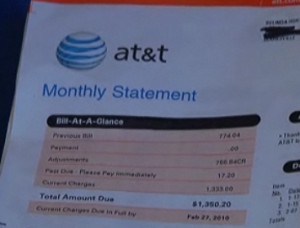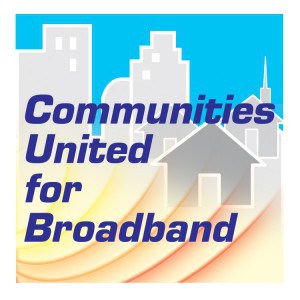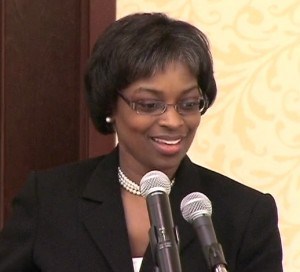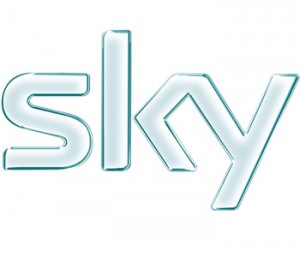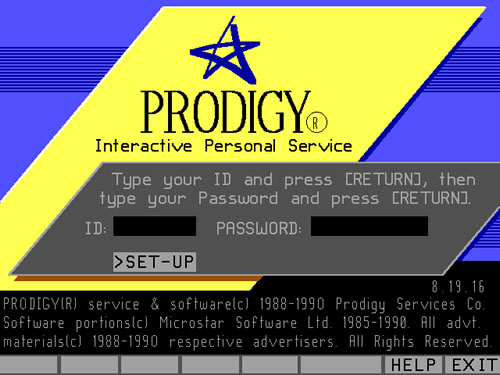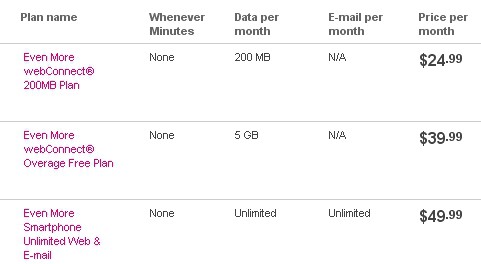AT&T continues to bill some of its customers across Tennessee for long distance calls that were supposed to be free under the unlimited long distance calling plans. Stop the Cap! first reported this story back on April 12th, with company officials apologizing for what they called a “computer glitch.” But the bills just keep on coming.
One Clarksville woman has been forced to call AT&T almost daily to address overcharges now exceeding $3,o00 for an AT&T Unlimited Nationwide Calling plan that is supposed to cost her $25 a month.
Although AT&T keeps crediting the overcharges on her account, Belinda Horton is exasperated having to first confront an inaccurate bill and then deal with AT&T customer service to credit back the charges. That has been part of her routine for at least four months, with no resolution in sight.
“I’m not trying to get anything off of then and I don’t except charity, I just want them to fix my bill and fix it correctly,” she told WKRN News 2 in Nashville. A reporter sat in on a typical call Horton makes to AT&T’s customer service to cope with the routine overcharging. At the end of the call, the customer service agent tells Horton she’s sorry she can’t completely resolve the matter to her satisfaction.
Company officials continue to blame the billing error on computer problems. Although Horton’s calling plan is supposed to let her make unlimited long distance calls for a flat monthly rate, the company keeps billing her calls by the minute at standard long distance rates. The result has been staggering bills in the hundreds or thousands of dollars.

Belinda Horton from Clarksville, Tenn. is exasperated to learn she has been overbilled yet again while she speaks with AT&T customer service (Photo: WKRN News - Nashville)
WKRN News talked with Tom Jarkovitch at AT&T, who admitted the glitch has impacted 15,000 Tennessee residents.
“There were a few folks, those are the ones were working on manually and again, as a sub set of people that were not captured for whatever reason we think that’s going to be corrected in a matter of days,” he said.
Unfortunately for AT&T, there are indications the problem is impacting a larger number of customers than Jarkovitch admits.
Another customer in the Nashville area also being overbilled every month since last October said they had enough — they disconnected their AT&T service and went with a competitor:
“I have had the same problem since October of 2009. Every month, I have to call AT&T and ask why the problem has not been fixed. Again and again I am told that it should be fixed before the next billing cycle. It is now nearly May and I still have to call them on a monthly basis. As a matter of fact, I just received my bill yesterday, and again, same thing. Well, that is my last bill because as of last month, I changed my home phone service carrier. I will no longer use AT&T services.”
With complaints like these still rolling in, the Tennessee Regulatory Authority (TRA) Monday compelled AT&T to appear to discuss the ongoing billing problems and AT&T’s plans to resolve them once and for all.
AT&T’s legal counsel, Guy Hicks, apologized for AT&T.
“It has already gone on too long, and for that AT&T apologizes,” Hicks told the Authority.
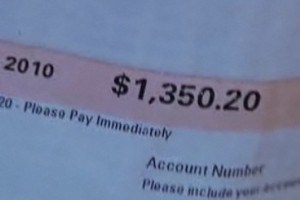
Month after month, many AT&T Unlimited long distance customers in Tennessee are billed by the minute for every long distance call, leading to staggering bills like this.
But Hicks also claimed the problem only impacted customers from periods ranging from August 18 to September 8 and October 31 to December 2, a claim that doesn’t ring true in light of Belinda Horton’s ongoing billing issues.
When asked specifically whether every dime unjustly charged to Tennessee customers had been refunded, Hicks did not say yes, instead claiming that “the vast majority of credits or refunds have been made and are continuing to be made.”
“As late as Friday, we were called and charges were still on their bill,” said TRA’s Tevin Thompson. “She didn’t have a paper bill yet, but she was quoted a total, and there were still errors on the bill.”
Our Take
It was disappointing to see the TRA praising AT&T at the end of Monday’s meeting. This is an ongoing nightmare for some customers, and TRA officials seemed all too ready to applaud the company for its promises to fix the problem while Tennessee residents continue to be overbilled. The time for praise comes after the company resolves the issue and every customer has been credited for every error. AT&T has promised it would resolve these billing problems for nearly a month, with complaints still arriving even as the Authority met.
The Leaf Chronicle, the daily newspaper serving Clarksville, notes TRA officials seemed satisfied with AT&T’s Apologypoloza:
State regulatory directors appear to be satisfied AT&T has made an effort to correct a billing glitch that could have affected as many as 15,000 customers.
AT&T officials were called before the Tennessee Regulatory Agency on Monday to explain why some customers have been incorrectly billed for services since the fall.
“From what I gathered, the response they received (from AT&T) was satisfactory,” said Shirley Frierson, senior policy adviser to the TRA chairman. “That is as long as in a month or so, we don’t get more complaints about the same problem.”
At this point, appropriate compensation for impacted customers that have coped with overcharges for months on end should be more than simply crediting back their mistakes. For folks like Belinda Horton, a year of free long distance calling would go a lot farther to demonstrate AT&T’s goodwill. After all, she had to spend countless hours trying to fix a problem that wasn’t her fault. Take it out of AT&T’s massive lobbying budget and do the right thing by your customers.
[flv]http://www.phillipdampier.com/video/WKRN Nashville ATT Overbilling in Tennessee 4-27-10.flv[/flv]
WKRN-TV in Nashville spoke at length with Clarksville resident Belinda Horton who faced months of staggering phone bills. The reporter even sat in on a call Horton made to AT&T customer service. (2 minutes)
[flv width=”480″ height=”380″]http://www.phillipdampier.com/video/WSMV Nashville ATT Answers To Long-Distance Billing Errors 4-26-10.flv[/flv]
WSMV-TV in Nashville also spoke with Horton and covered Monday’s meeting with the Tennessee Regulatory Authority, a public utility commission, over ongoing AT&T billing problems. (2 minutes)
[flv width=”368″ height=”228″]http://www.phillipdampier.com/video/WTVF Nashville ATT Meets With Regulators Regarding Overcharging 4-27-10.flv[/flv]
Finally, WTVF-TV in Nashville also ran a report showcasing Horton’s billing problems and interviewed an AT&T representative about what will be done about it. (2 minutes)


 Subscribe
Subscribe